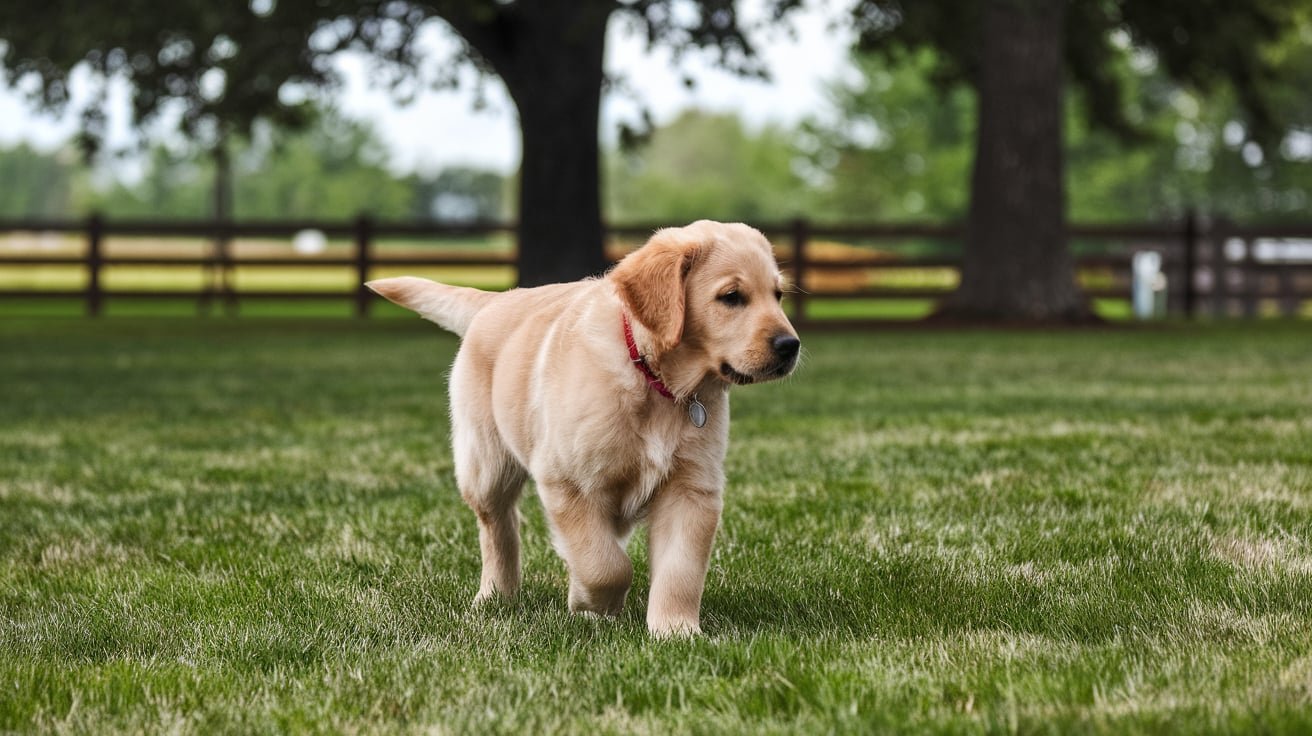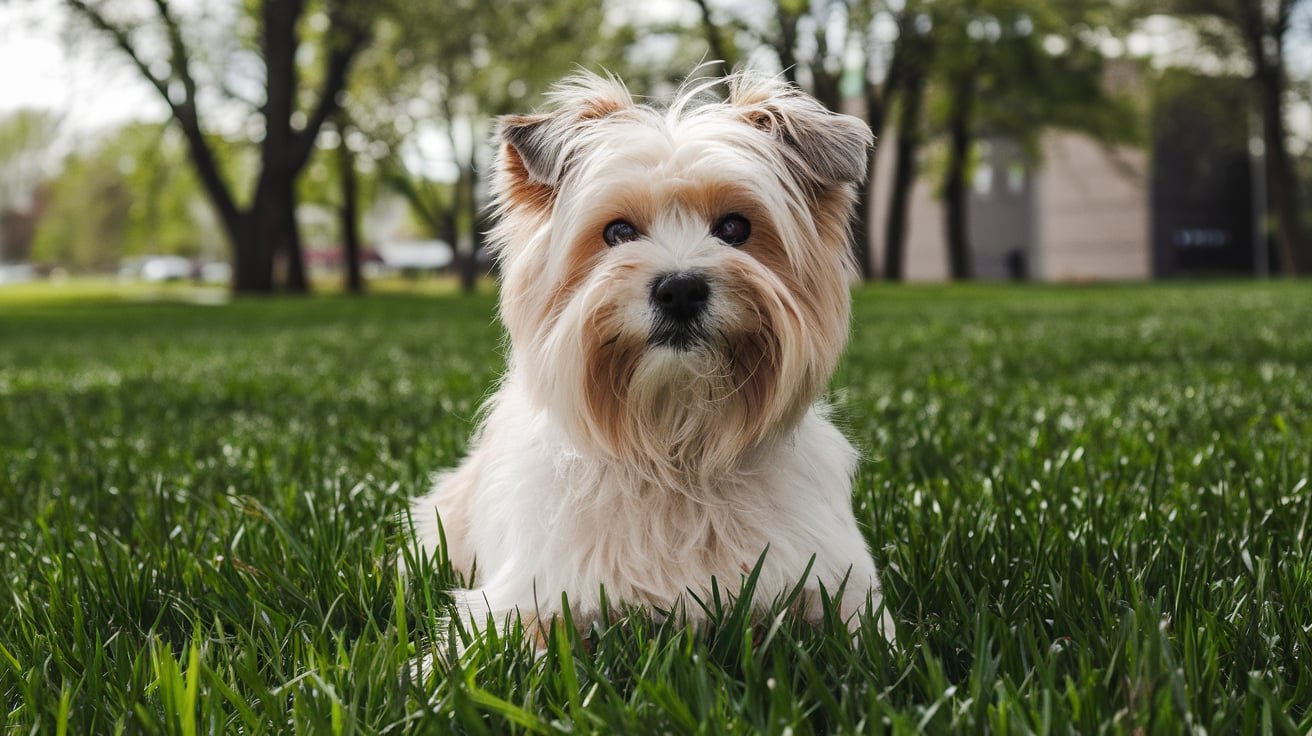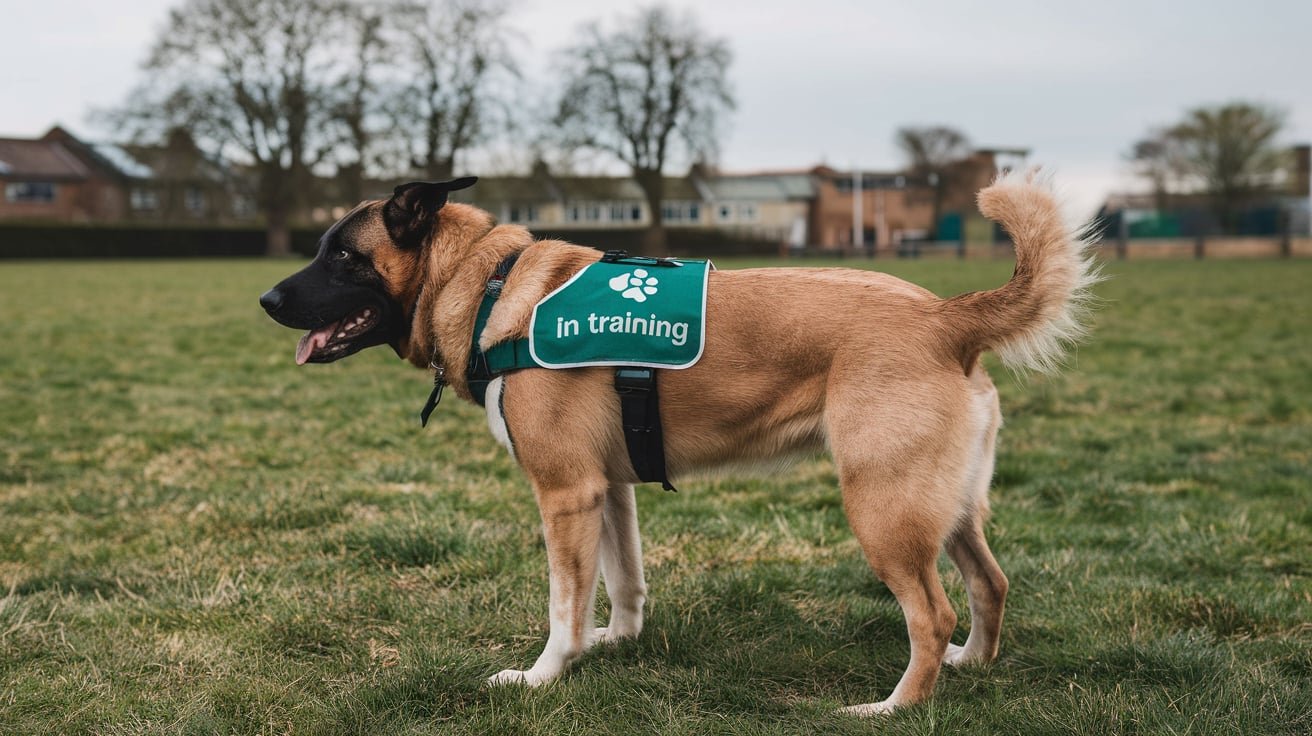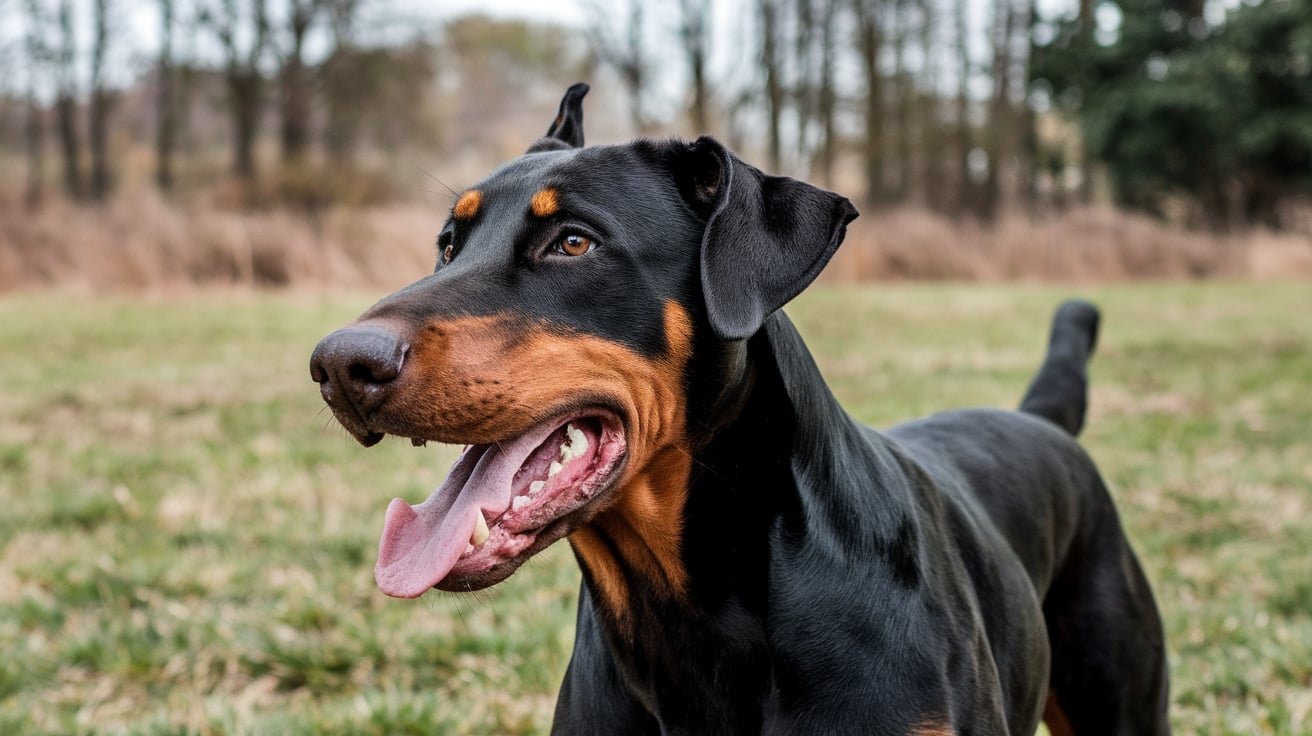Introduction To:When Do Puppies Start Walking?
Bringing a new puppy into your home is an exciting time. Watching them grow and develop can feel like a magical process. One of the biggest milestones in a puppy’s life is learning to walk. If you’re wondering “When do puppies start walking?”, you’re in the right place! In this article, we will guide you through the developmental stages of puppies, explain when they typically begin to walk, and offer tips for supporting your puppy’s growth.
The Early Days: Birth to Two Weeks
When puppies are first born, they are completely helpless. Their eyes are closed, and their muscles are not yet developed enough to allow movement. For the first few days of life, puppies rely entirely on their mother for warmth, food, and care. During this time, they crawl using their front paws to find their mother.
Although newborn puppies may appear to be trying to walk, they are not capable of supporting their own weight. Their muscles are still too weak, and they don’t have the coordination to take real steps. Most puppies will spend this period sleeping and nursing.
Anecdote: I remember when I first got my puppy, Daisy, she was just a few days old and could barely lift her head. It was amazing to see how quickly she transformed from a wobbly little baby to a playful, energetic pup.
When Do Puppies Start Walking?
Typically, puppies start walking between 2 to 4 weeks old. At around two weeks, they begin to gain enough strength to push themselves up on their legs, and by three weeks, you will notice their first attempts at walking. These early steps are often wobbly and uncoordinated, but with each passing day, they get stronger and more confident.
By week four, most puppies are walking with more stability and beginning to explore their surroundings. They’ll also become more playful, interacting with their littermates and learning important social skills.
Developmental Milestones
To help you understand your puppy’s progress, let’s look at the key milestones from birth to when they can fully walk:
1. Birth to Two Weeks – Crawling
During the first two weeks, puppies rely on their front paws to crawl towards their mother. Their muscles are not yet developed, and they are unable to walk.
2. Two to Three Weeks – First Steps
Around the two-week mark, puppies start to gain strength in their legs. They’ll attempt their first wobbly steps. At this stage, their coordination is poor, but they are beginning to practice walking.
3. Three to Four Weeks – Improved Coordination
By the time puppies are three weeks old, they are more stable on their feet. They’ll begin to explore their surroundings and interact more with their littermates.
4. Four to Six Weeks – Confident Walking
Between four and six weeks, puppies become more confident walkers. They’ll start to play, run, and engage with their environment. This is also the time when puppies are developing their social skills, learning to interact with other dogs and humans.
5. Eight Weeks and Beyond – Ready for Their New Home
By eight weeks, puppies are fully mobile and ready to go to their new homes. At this point, they have developed the necessary walking and running skills to explore their world confidently.
Helping Your Puppy Learn to Walk
As a puppy owner, you can play a key role in helping your puppy gain confidence in walking. Here’s a step-by-step guide to supporting your puppy during this developmental stage:
1. Provide a Safe Space
Before your puppy starts walking, make sure you’ve created a safe environment for them to explore. A puppy-proofed room or playpen is ideal. Remove any small objects they could choke on, and block off any areas that could be dangerous.
- Hyperlink: How to puppy-proof your home
2. Encourage Movement
Once your puppy begins to take their first steps, gently encourage them to walk by placing their favorite toy or treat a short distance away. Be patient and let them move at their own pace.
- Hyperlink: Best toys for puppy development
3. Use Positive Reinforcement
Reward your puppy with praise and treats when they successfully walk or run towards you. Positive reinforcement will help them feel more confident and eager to continue practicing.
4. Avoid Overexertion
While it’s important to encourage your puppy to move, don’t push them too hard. Puppies can tire easily, and overexertion can lead to injuries or strain on their developing muscles. Short, gentle play sessions are best.
- Hyperlink: How much exercise does a puppy need?
The Importance of Socialization
At around the same time puppies start walking, they are also in a critical stage of socialization. This is the period when they learn to interact with other dogs, animals, and humans. Proper socialization is crucial for developing a well-rounded, friendly dog.
Make sure your puppy has opportunities to interact with other dogs and people in a safe environment. Puppy classes can be a great way to socialize your pup while reinforcing positive behaviors.
- Hyperlink: Puppy socialization tips
Anecdote: My neighbour’s puppy, Charlie, was very shy at first and would hesitate to walk around new people. But after a few playdates with other dogs, his confidence grew, and now he eagerly explores every new place!
When Should You Be Concerned?
While most puppies start walking between two to four weeks, some may take a little longer. If your puppy hasn’t started walking by the end of the fourth week, it’s a good idea to consult with a vet to rule out any potential issues. Delayed walking can sometimes be a sign of underlying health problems, so it’s better to err on the side of caution.
- Hyperlink: Find a local vet in the UK
Conclusion: Enjoy the Journey
Watching your puppy learn to walk is a joyful experience and an important milestone in their development. With the right support and patience, your puppy will be confidently walking, running, and playing in no time.
If you’re in the UK and thinking about bringing a new puppy home, be prepared for lots of exciting moments as your pup reaches each new stage. Remember to provide plenty of positive reinforcement, ensure they have a safe space to explore, and enjoy the journey as your new family member grows up.
Anecdote: When my puppy, Max, first started walking, it was like watching a tiny explorer. He would wobble around the garden, inspecting every leaf and twig. It was heartwarming to see how proud he was after taking a few steps.



